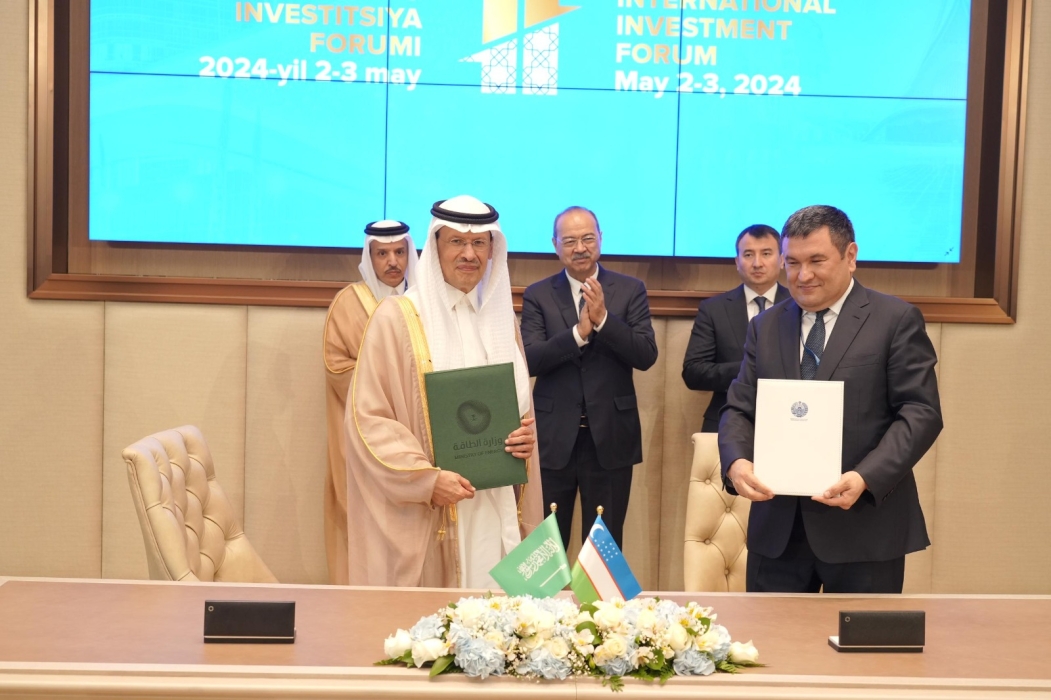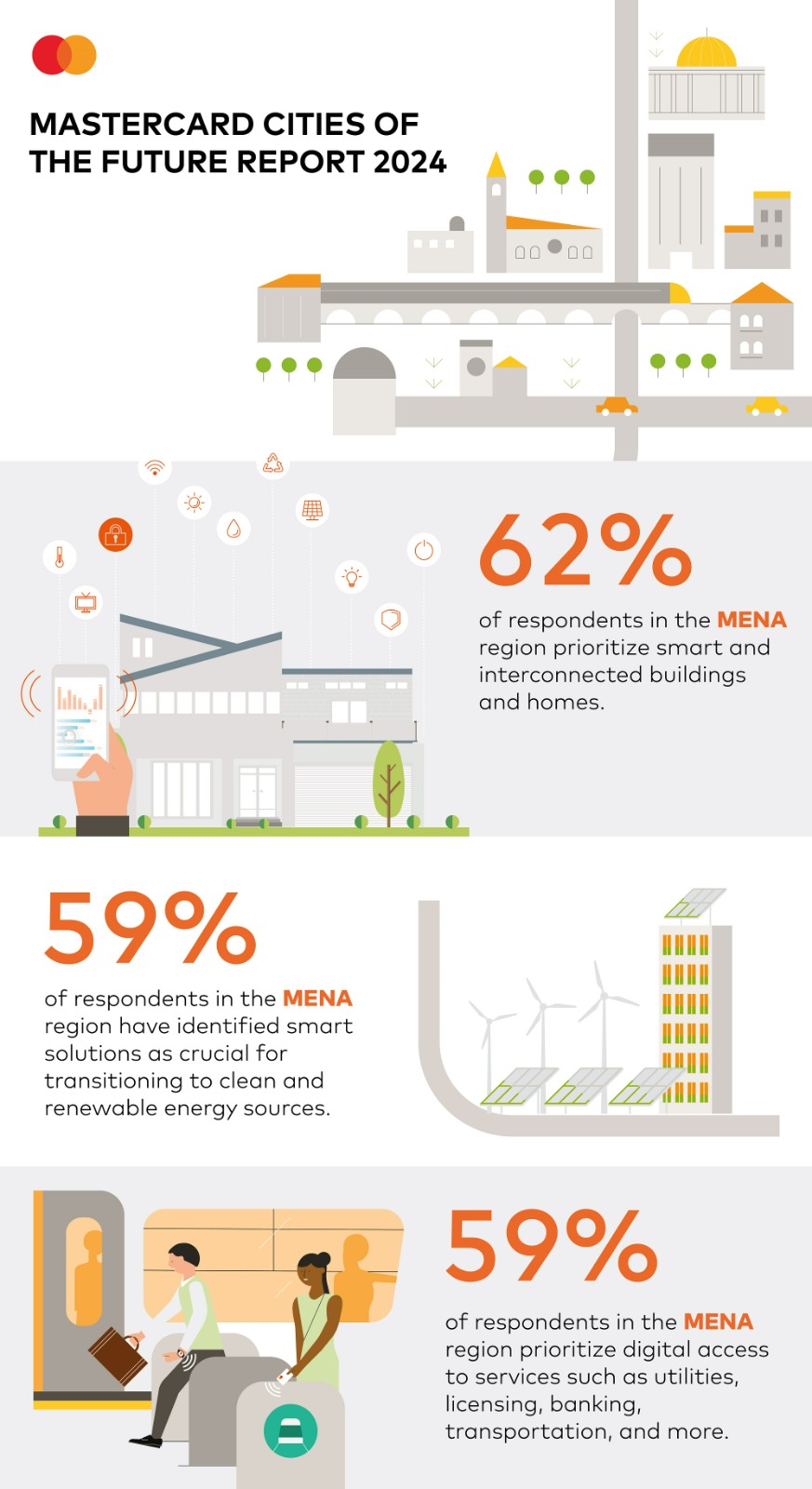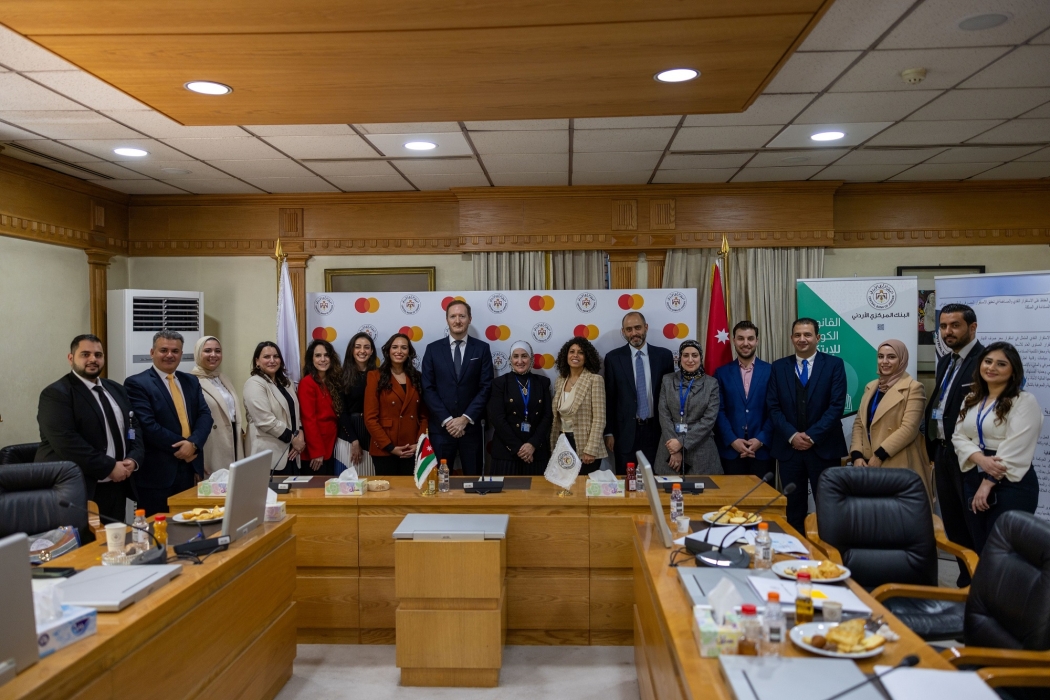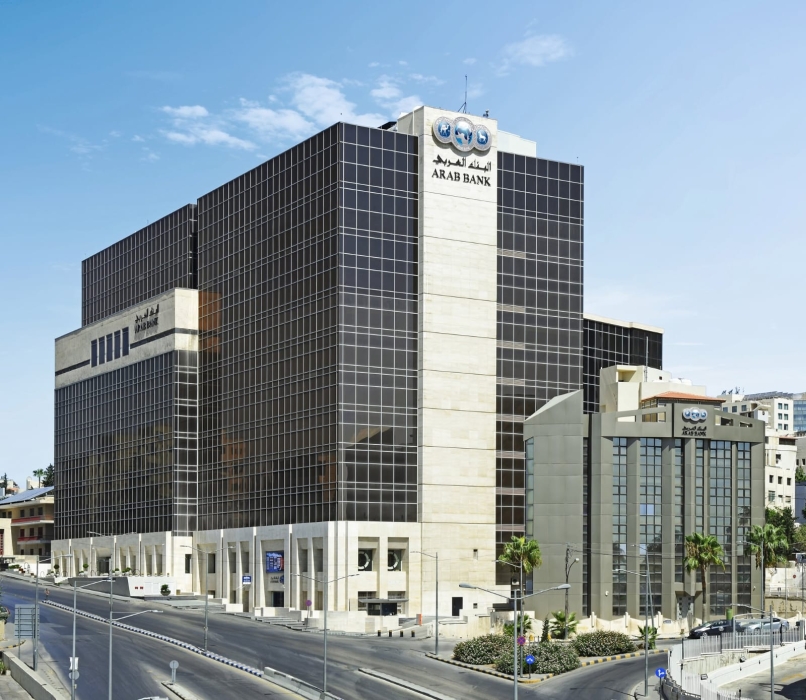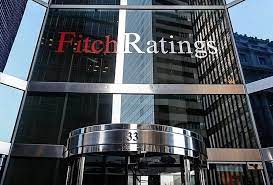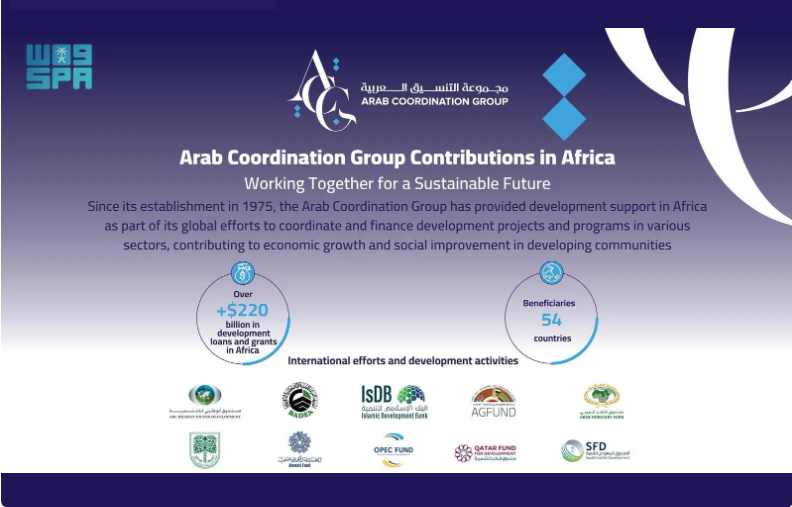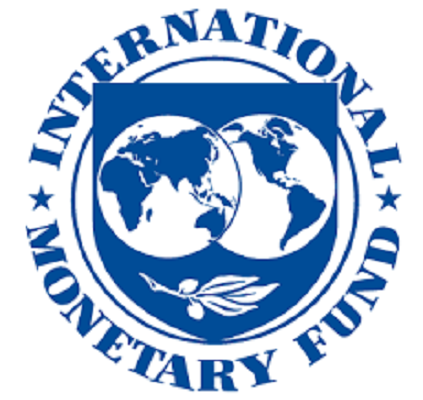Arabian Monetary: Trading carbon allocations boosts equity returns and reduces financial risks
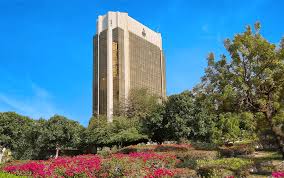
Al-Anbat -
Al-Anbat- Saba’a Alsukkar
Translated by Noor Almasri
The Arab Monetary Fund (AMF) released a study entitled "Assessing the correlation between the Global Carbon Futures Index and stock returns and volatility in selected Arab countries", the results of which were that trading carbon allocations would boost equity returns and reduce financial risks in financial markets by reducing fluctuations in equity prices.
Improving returns and reducing risk can be beneficial for companies and investors alike, as it can help stabilize markets and provide growth opportunities. In general, these results are important for policymakers, regulators and companies in the Arab region that seek to reduce carbon emissions, mitigate climate change risks and stabilize markets.
The study found a statistically significant a direct relationship between the returns of stocks and the global index of carbon futures contracts, while there is a statistically significant inverse relationship between the latter and the fluctuations of stock prices in the Arab stock exchanges under study.
Meanwhile ,the importance of carbon certification trading and its implications for the financial sector and capital markets is highlighted by the growing interest in the topic of carbon certification trading in many Arab countries, especially after the announcement of the Global Abu Dhabi Financial Market to launch a carbon contract trading initiative in 2022. The launch of an electronic exchange of carbon stocks and its clearing house, in addition to the announcement by the Arab Republic of Egypt during its hosting of the United Nations Climate Change Conference (COP27), of the establishment of the first Egyptian company to develop, manage and issue certificates.
The study aimed to examine the relationship between the Global Carbon Futures Index and equity returns and fluctuations in the exchanges of four Arab countries; Bahrain, Qatar, Saudi Arabia, and the United Arab Emirates analyzed daily data from 1 February 2017 to 30 October 2022 using ,Generalized Autoregressive Conditional Heteroskedasticity(GARCH).
